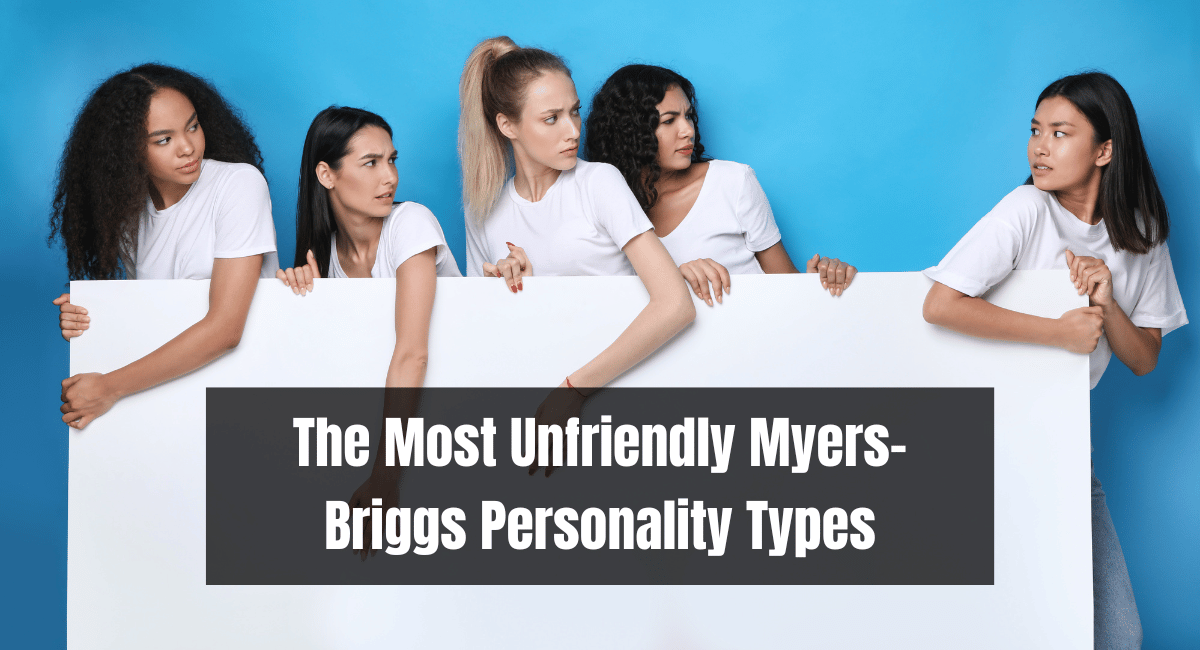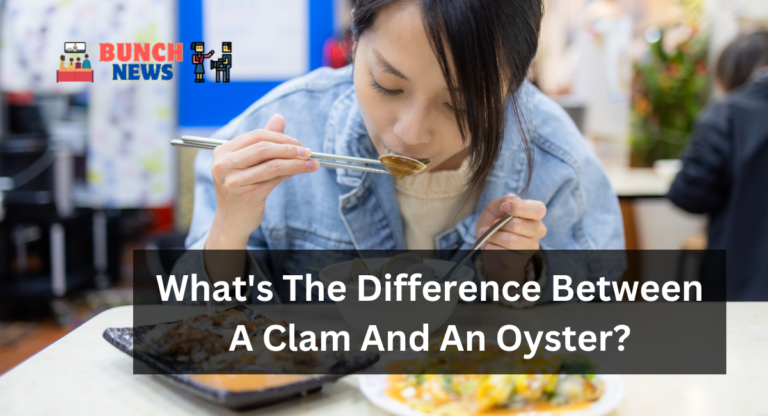The Myers-Briggs Type Indicator (MBTI) is a popular tool used to understand personality differences. It categorizes individuals into 16 distinct personality types based on four dichotomies: Introversion/Extraversion, Sensing/Intuition, Thinking/Feeling, and Judging/Perceiving. While no personality type is inherently unfriendly, some types may exhibit traits that are perceived as less approachable or more reserved in social settings.
This article explores the seven Myers-Briggs personality types often viewed as the most unfriendly, understanding that these perceptions are subjective and vary greatly among individuals.
1. INTJ (The Architect)
- Traits: Private, strategic, and highly analytical.
- Perception of Unfriendliness: INTJs are known for their intense focus and deep, strategic thinking. They often prefer solitary activities and may seem aloof or disconnected in social situations. Their preference for logical analysis over emotional expression can make them appear cold and unapproachable.
2. ISTJ (The Logistician)
- Traits: Practical, factual, and organized.
- Perception of Unfriendliness: ISTJs are serious, direct, and often focused on efficiency and order. They may struggle with small talk and can come across as blunt, which can be perceived as unfriendliness or lack of interest in others.
3. INTP (The Logician)
- Traits: Innovative, curious, and abstract thinkers.
- Perception of Unfriendliness: INTPs are often lost in their thoughts and may appear detached from their surroundings. Their focus on internal logic and disregard for social norms can make them seem distant and uninterested in forming connections.
4. ISTP (The Virtuoso)
- Traits: Adventurous, independent, and practical.
- Perception of Unfriendliness: ISTPs are action-oriented and often prefer solitary activities. They can be perceived as aloof due to their independent nature and their tendency to withdraw in overly social environments.
5. ENTJ (The Commander)
- Traits: Assertive, strategic, and efficient.
- Perception of Unfriendliness: ENTJs are natural leaders and are often very task-focused. Their direct communication style and impatience with inefficiency can come off as harsh or unempathetic, contributing to a perception of unfriendliness.
6. ESTJ (The Executive)
- Traits: Organized, decisive, and practical.
- Perception of Unfriendliness: ESTJs are straightforward and focused on results. They value structure and may be seen as rigid and unyielding. Their directness in communication can be interpreted as abruptness or lack of concern for others’ feelings.
7. INFJ (The Advocate)
- Traits: Idealistic, insightful, and sensitive.
- Perception of Unfriendliness: Despite their empathetic nature, INFJs can be intensely private and often require substantial personal space. This can be mistaken for aloofness or disinterest in social interaction.
Understanding the Context
It’s important to note that the perception of unfriendliness is often a result of misunderstanding or misinterpreting the communication styles and needs of different personality types.
For example, a preference for solitude or direct communication doesn’t equate to unfriendliness. Each Myers-Briggs personality type has its unique strengths and weaknesses, and understanding these can foster better interpersonal relationships.
Conclusion
While some Myers-Briggs personality types may seem more reserved or direct, it’s essential to remember that friendliness is subjective and varies widely among individuals.
Recognizing the diverse ways people express themselves and interact with the world can help in appreciating the rich tapestry of human personality.





